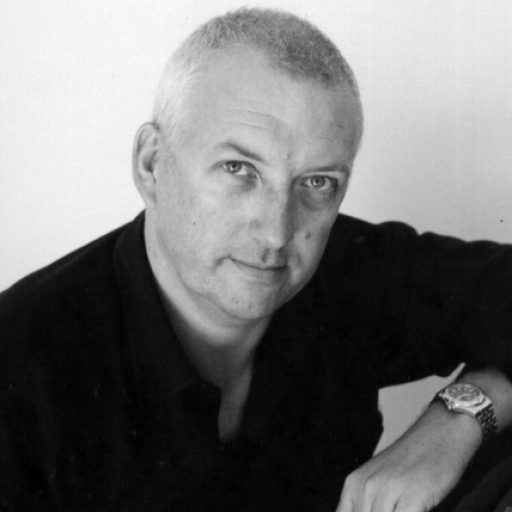Designed as horse stables for Governor Macquarie, the building affectionately known as the ‘Con’, will celebrate 100 years of existence this year.

The Con’s modern transformation came with the amalgamation of the institution with the University of Sydney in 1990, and of course, a major re-development of the site between 1997-2001 saw the building become a world-class facility for all of Sydney to enjoy.
Current Director, Dr Karl Kramer is pleased with 5 new initiatives he has overseen in the last three years. “One is the creation of the Pacific Alliance of Music Schools (PAMS) in April, 2014 that saw the 12 elite music institutions from the Asia-Pacific gather at the Sydney Opera House to create an agenda, and draft a narrative that would establish closer ties which foster exchange.”
“In July 2014, Estivo, our annual European Chamber Music Summer School based in Verona, Italy, with over 45 tertiary music students from the Sydney Conservatorium taking part to perform over 20 concerts in three Italian cities in a two-week period, was established.”
“Thanks to the generosity and vision of our donors, the creation of the Westheimer String Quartet Development Program and two new annual conducting and piano scholarships were launched.”
“I am also pleased to see outreach programs such as the University of Sydney’s annual Wingara Mura summer music program that offers an intensive music workshop to indigenous high school students (years 9 and 10), and this year’s launch of the Con’s brand new contemporary music performance program—the Bachelor of Music Studies (Contemporary Music) — to meet the changing interests and needs of the music world.”
With its world-class facilities and programmes, the Con is able to attract some of the most outstanding conductors, performers, composers, and teachers.
One such new arrival is the international conductor, Eduardo Diamunoz from Mexico. Having conducted all over the world, Maestro Diamunoz, who, from an early age was a friend and musical assistant to the great Leonard Bernstein, is directing the major event in the Con’s calendar to celebrate its centenary, a performance of Bernstein’s Mass.
“In this Opera House concert, Bernstein’s Mass celebrates diversity, tolerance and peace – all aspects for which we crave in this new century,” said Diamunoz.
“It involves all disciplines, with its eclectic musical styles. It encompasses the symphonic, choral, operatic, even rock and roll, blues and musical theatre styles.”
“What I believe students and audience members will take away from this performance is seen in Bernstein’s own comment on the shape of music – ‘the main crisis of our time is a crisis of faith’. Apart from enhancing our students’ own performing abilities, they should have an open mind to the fusion of musical styles.”
“Composers throughout the centuries have striven to create a magnificent work of art, a master work to embody their musical thoughts and express their emotions, a work that they could regard as their Masterpiece for posterity. Still controversial four decades after its conception, the Mass is finally winning prominence in the world’s major concert halls and opera houses, regardless of the religious, artistic, philosophical, and/or ethical inclinations of its audiences.”
Diamunoz believes that this is a most appropriate piece for the Con’s centenary, a benchmark work which reflects musical shifts in the context of a changing world, admitting that with its world-class status and rich musical heritage, the Con draws people from all over the world.
“I believe that the Mass both strongly criticises and respects, not blasphemes, all creeds, all races, all religions, and all mankind. I encourage you to absorb its philosophical, existentialist content with open hearts and minds, as the music moves from introverted, reflexive, and meditative moments to those that are light, magnificent, rebellious, even outrageous. This is Bernstein’s personal homage to our beliefs, our tribulations and concerns, our hopes and dreams, our doubts, our lives.”
Dr Kramer’s and Maestro Diamunoz’s world view of music aligns perfectly. The Con’s Director concludes by saying: “Music is both universal and fundamental. Every culture in the world, it seems, has taught itself to coax sounds from a stretched hide, a hollow reed, or a vibrating string. Wherever a child is born, or a couple marries, or one of us leaves this world behind, we pour our joys and sorrows into music. As the expression of individual or collective spirit, music makes us human, as much as family, as much as language itself.
“So does classical music matter? You betcha! You only have to attend a concert by the Sydney Symphony Orchestra and other performances at the Sydney Opera House, as well as the many halls, clubs, and theatres in Sydney to see the large audiences that are regularly attending classical and jazz music events.”
“It is my hope that we build on our strengths and influences, while continuing to serve the people of Sydney and, indeed, all of Australia as a cultural hub with the finest musical education available for a lifetime of learning,” said Dr Kramer.
(This article was first published in Fine Music magazine: May 2015)
